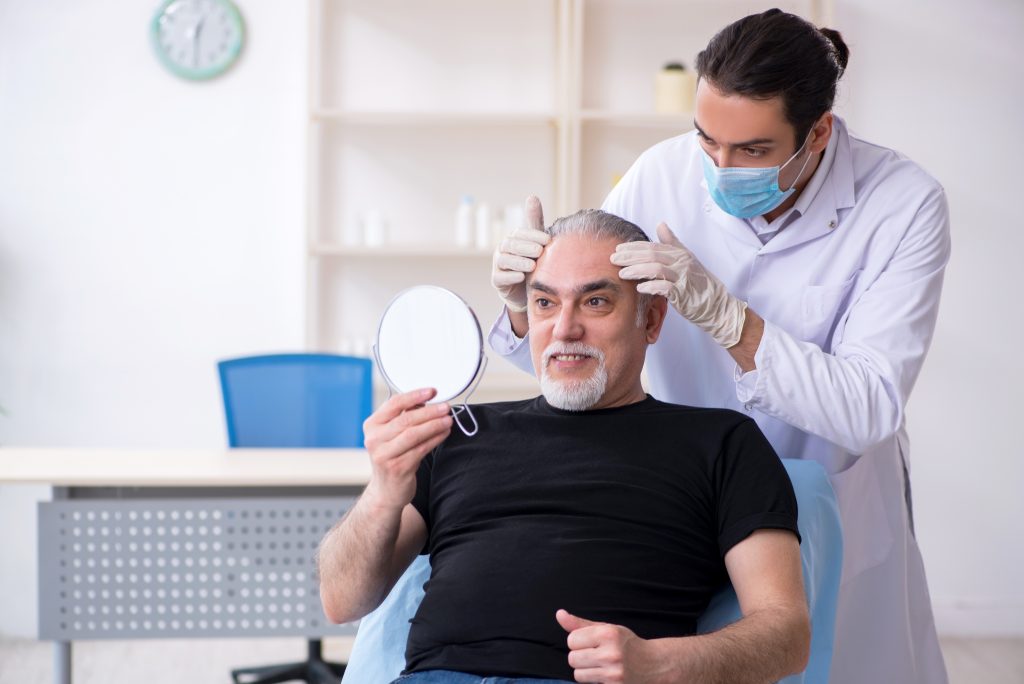What is cosmetic surgery?
Medically Reviewed by Dr Aifric Boylan
Last updated on 12.06.2024
Cosmetic surgery is an operation that is done to your face or body to improve its appearance or function. It is performed because you desire it and not because it is medically recommended, e.g. for a health condition. The very nature of cosmetic surgery means that it is not a necessity but rather, a desire. Plastic surgery refers to procedures that can be cosmetic and/or corrective, such as treating burns, trauma or a medical issue.
According to Australian research, seven million people are considering some form of cosmetic operation in the next 10 years and over $1 Billion is spent every year on them in the country.
In Australia, cosmetic surgery can be performed by plastic surgeons and cosmetic doctors.
Plastic surgeons usually have upwards of ten years of training under their belt and are accredited with the Royal Australian College of Surgery (RACS). They have “specialist” registration.
Any doctor can call themselves a Cosmetic doctor and perform cosmetic procedures and while they usually have extensive training in the field, they are not accredited by RACS. They have “general” registration.
You can check if your surgery will be done by a Plastic Surgeon or a Cosmetic Doctor here.
What are the most popular procedures?
The three most popular procedures in Australia are rhinoplasty (nose job), breast augmentation (boob job) and blepharoplasty (eyelid lift).
Should I speak to a GP before having cosmetic surgery?
New Australian regulations came into effect in 2023 that stipulate that patients seeking cosmetic operation require a referral. This is usually provided by a GP who themselves must not perform cosmetic procedures.
According to the new rules, there is also a mandatory seven-day cooling off period after you provide informed consent and have two consultations with the surgeon.
What are the risks of having cosmetic surgery?
The risks of any type of surgery include infection, trauma to the face or body and surrounding tissue and excessive bleeding. These can be mild and improve with simple treatments or require more specialist care and hospitalisation.
When it comes to cosmetic operation, there are the added risks. Your result might not be the appearance you desired. This might mean that the look you’re going for hasn’t been achieved or that the original cosmetic issue has been worsened by the procedure. This can lead to regret and anger, particularly because the procedure wasn’t medically necessary and often involves high costs. Procedures to then correct the new issues can have their own risks and costs, making the problem even greater.
What are alternatives to cosmetic surgery?
As cosmetic surgery is fuelled more by desire than necessity, an alternative to having the operation is to ask yourself why you want the specific procedure. Do you want to look better for a specific event, like a wedding? Is it because you feel you don’t look like you did when you were twenty? Is there a celebrity or other person you look up to and want to emulate? Do you have realistic expectations of your appearance? Are you comparing yourself to others who have different genes, diets, jobs and finances? If so, you may benefit from talking to a counsellor and working on your initial desire for a cosmetic operation.
There are alternatives that can improve your face and body appearance. These can include skin care, exercise, diet, rehabilitation and cosmetic injectables.
Cosmetic injectables are less invasive ways of improving your appearance and usually have less risks than surgery. These treatments are also regulated and can only be provided by trained professionals.
Most of us want to portray our best selves to the world. There’s nothing wrong with that and there’s nothing inherently wrong with having cosmetic surgery. The important thing is that you know your limitations and have realistic expectations.
If you do pursue cosmetic operation, do your due diligence and read about the procedure you intend to have. Research your doctor’s qualifications and ask as many questions as possible so that you feel confident in your decision.



